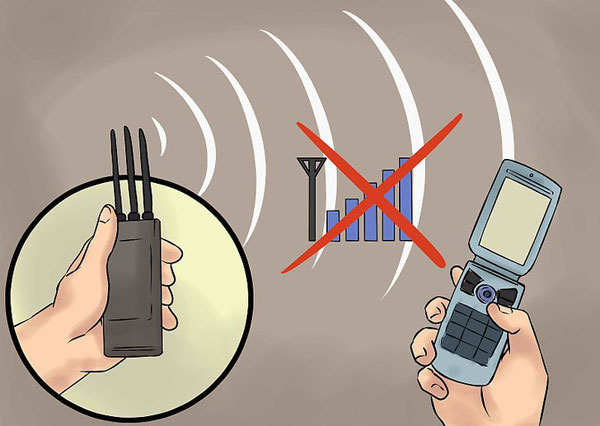Theft gang uses jammers to cover up GPS tracking devices
In international trade, it is important to maintain the competitive advantage of sourcing goods globally. Your business needs to get your goods to the right place at the right time, consistently and efficiently.

Transportation costs must be controlled and goods delivered promptly and in good condition. No matter what you’re transporting or what borders you have to cross, you can build a competitive advantage and maintain your profit margins as long as you plan properly.
When goods are in transit, they are most vulnerable to risk threats. The larger and more valuable the shipment, the bigger the risk—and solutions are much harder to implement when the issue is halfway around the globe.
Thieves target high-value items such as electronics, pharmaceuticals and clothing, however, as a crime of opportunity, any product will do. Organized thieves will gather information and monitor the shipping activities in industrial parks and manufacturing or distribution facilities, waiting for an opportune moment to steal cargo.
Organized thieves are aware of electronic surveillance and the use of GpS trackers. Law enforcement agencies are finding that thieves are using GPS jammers and removing cargo to their own trailers or warehouses to prevent tracing by trucking companies. At secured warehouse locations, the thieves will break the product down for resale on the black market. preparing stolen goods for resale may entail changing the packaging, re-labeling the boxes, and even creating falsified bills of lading or customs paperwork to facilitate moving the stolen cargo out of the country.
That some cargo theft gangs will conspire with employees at the facility or have a gang member hired at the targeted warehouse in order to obtain necessary information on alarms, cameras and other security measures in place, as well as cargo deliveries.
It is clear that supply chain/logistics planners must be aware of these risks when determining the movement of cargo.


